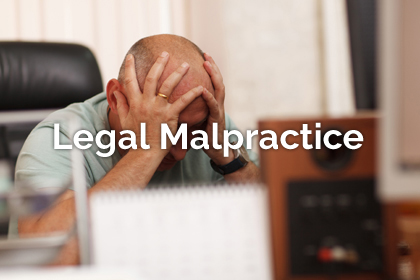How Do I Prove Race Discrimination?
If you are the victim of race discrimination in the workplace, you may wonder how to prove it in a lawsuit. There are several different ways to prove race discrimination.
Overt Statements That Show Race Discrimination
Overt statements that reference race are the easiest way to prove race discrimination. If a manager or co-worker uses a racial epithet, such explicit statements will be powerful proof of that individual’s discriminatory motivations. You can also use other remarks like jokes or observations that are race specific to demonstrate that actions in the workplace are race-based.
Disparate Treatment
Disparate treatment is one of the most common way of proving race discrimination. This is a legal way of saying that people of different races are held to a different standard. For instance, take the example of two employees who violate a no-smoking policy. One employee is African-American and the other is Caucasian. If the employer disciplines only the African-American and not the Caucasian, that is a clear example of disparate treatment.
The analysis becomes more complicated when comparing job performance or different types of offenses. The employer will usually argue that comparisons have to be precise “apples to apples” comparisons. In contrast, employees usually argue for broader comparisons.
Inconsistencies and Implausiblities
You can show discrimination by showing that the employer has taken steps to cover it up. Employers may take inconsistent positions about why an employee has been terminated. Additionally, employers sometimes make implausible arguments for why an employee was treated in a certain way. Sometimes, when an employer provides different explanations for a termination, it is enough evidence to go to trial on the issue of discrimination.
Anti-Discrimination Law Firm
Ronald J. Wronko, Esq., has been practicing law for twenty (20) years. He has litigated discrimination cases from pre-litigation through trial. If you believe you are the victim of discrimination, you can contact him for a case evaluation at (973) 360-1001 or fill out a case evaluation form on his website here.



